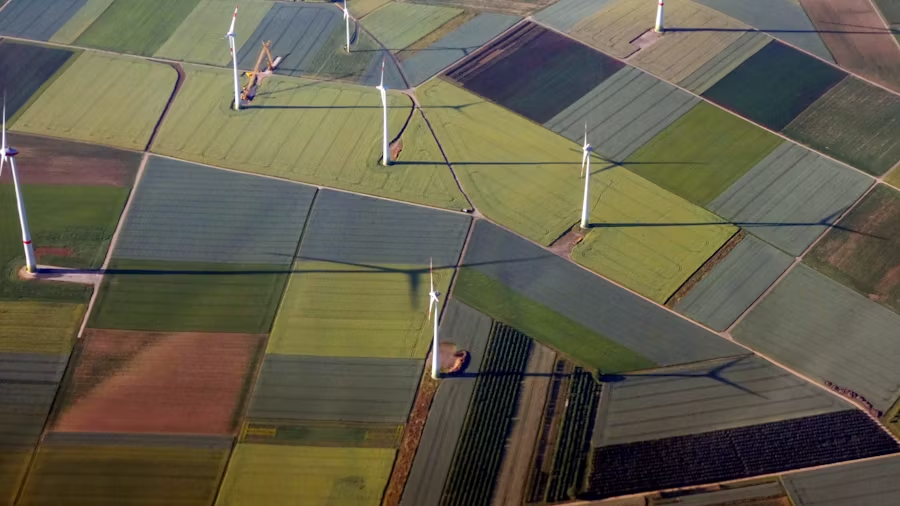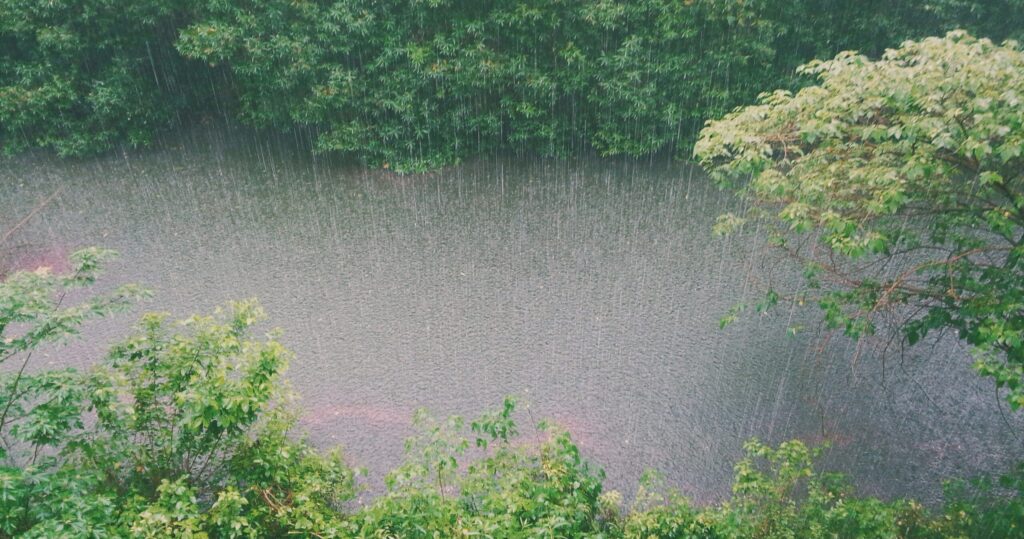From time to time people, and by people we mean people like us, will compile a list of climate scare stories that didn’t come true and suggest that we should not believe the next one either. And now here come two academics from Carnegie Mellon University warning that it’s counterproductive to issue crackpot warnings because, one of them explains, “Truly apocalyptic forecasts can only ever be observed in their failure – that is the world did not end as predicted, and observing a string of repeated apocalyptic forecast failures can undermine the public’s trust in the underlying science.” Brave words challenging orthodoxy from within academia? Incredibly, no. Instead their concern is that a long run of failed “the end is nigh” warnings might convince people to stop believing the end is nigh and they want to make sure we keep believing the end is nigh. You’re really struggling with the concept that science depends on evidence, aren’t you?
We don’t want to be rude here. But it’s hard to resist. Starting with the fact that one of the authors, David Rode, is an adjunct researcher in the Electricity Industry Centre while Paul Fischbeck is a professor in the “Department of Social & Decision Sciences” as “Engineering and Public Policy”, so let’s not hear the one about “you’re not a climate scientist” flung at us any more. (You could try Al Gore, though.) And if we were going to give in to temptation entirely, we’d say that the “problem” is not only that all of the expired forecasts were wrong, but also that so many of them never admitted to any uncertainty about the date. About 43% of the forecasts made no mention of uncertainty at all.
Before you object that we did just say it, we didn’t. Instead we plagiarized it from the co-author who said it regarding the 79 predictions of climate-caused apocalypse they examined going back to the first Earth Day in 1970. As the press release says, there was a lot of fog in those crystal balls: “With the passage of time, many of these forecasts have since expired; the dates have come and gone uneventfully. In fact, 48 (61%) of the predictions have already expired as of the end of 2020.”
So tell us, sirs, isn’t the problem that the predictions are wrong because the theory is wrong? Ah but nay. According to Fischbeck, “It’s like the boy who repeatedly cried wolf. If I observe many successive forecast failures, I may be unwilling to take future forecasts seriously.” And, the press release intones, “That’s a problem for climate science, say Rode and Fischbeck” because, as in the folk tale, there is a wolf. Thus, the actual article abstract concludes, “We explore strategies for communicating extreme forecasts that are mindful of these results.”
Like, dare we say, not babbling ludicrous inanities? Actually yes, although at this point the authors turn their attention to the non-scientists who like to speak on behalf of scientists. The press release, sounding surprisingly like an Op Ed rather than an announcement of a discovery, says “Making sensational predictions of the doom of humanity, while scientifically dubious, has still proven tempting for those wishing to grab headlines. The trouble with this is that scientists, due to their training, tend to make more cautious statements and more often include references to uncertainty. Rode and Fischbeck found that while 81% of the forecasts made by scientists referenced uncertainty, less than half of the forecasts made by non-scientists did.”
Well yes. See our “Scientists say” series for the gap between what they really say and what other people say they say. (And yes, it’s very often the people who aren’t climate scientists but sneer at others for sharing their lack of formal credentials.) So then it offers an interesting suggestion: “When it comes to climate change, the authors advise ‘thinking small.’ That is, focusing on making predictions that are less grandiose and shorter in term. ‘If you want people to believe big predictions, you first need to convince them that you can make little predictions,’ says Rode. Fischbeck added, ‘We need forecasts of a greater variety of climate variables, we need them made on a regular basis, and we need expert assessments of their uncertainties so people can better calibrate themselves to the accuracy of the forecaster.’”
It would be a good start. And how about the scientists themselves begin pushing back against the non-scientist alarmists once in a while instead of expecting other non-scientists to do it, then complaining when we do? And how about we all agree that at the end of the day there has to be something measurable? If you’re going to cry “canine predator” by all means start small, with “Fox!!!” or perhaps “The neighbour’s yapping Shih Tzu!!!” But at some point there has to be at least a Vulpes somethingorother or even a toy dog.
So let’s have a little prediction that works out. And, to show touching naivete, we also remind Dr. Rode that “If you want people to believe big predictions” your big predictions have to come true, instead of turning out worse than a Ouija board or a newspaper horoscope.


